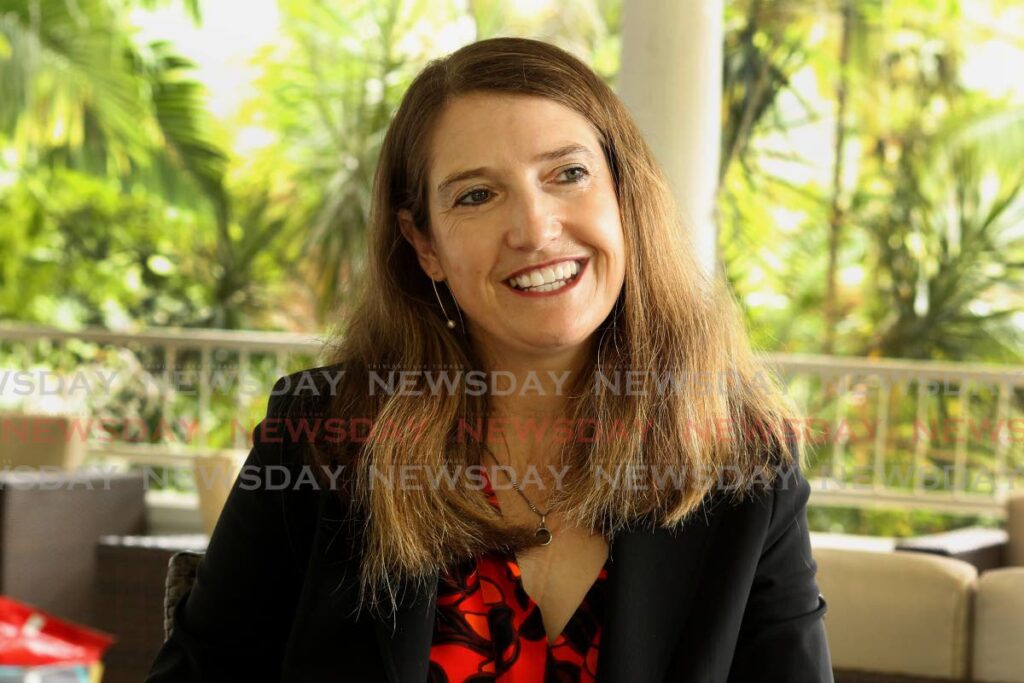Journalists under attack

HARRIET CROSS
Journalists are under attack all over the world.
This year, the number of journalists jailed for their work is at a global high, and already more than 70 journalists and media workers have been killed in carrying out their work. On average, every five days a journalist is killed for bringing information to the public.
Perhaps just as worryingly, according to UNESCO, in the past 15 years, 87 per cent of cases of killed journalists remain unresolved or unreported.
On 2 November, the UK is joining UNESCO and the international community in marking the International Day to End Impunity for Crimes against Journalists. Attacks against journalists and media workers must stop.
Until they do, all countries need to work hard to make sure that where they are attacked, these cases are investigated, and those who are responsible brought to justice.
The UK has a long history of a vibrant and independent media, underpinning the values of our democracy. The UK has long supported media freedoms, both at home and in supporting the development of a strong and independent media in countries overseas.
We believe that people must be able to discuss and debate issues freely, to challenge their governments, and to make informed decisions, supported by access to information provided by a strong, robust and independent media. We remain committed to raising violations of media freedom across the world at all levels. We believe those abusing or restricting media freedom must be held to account.
That’s why in 2019 we launched the Media Freedom Coalition alongside our partners. The Coalition now has over 50 members. A truly global coalition with members ranging from Japan to Ghana and Estonia to Costa Rica. Its aim is to defend media freedom.
It has issued 29 statements, including in countries and situations where media freedom has been declining in some cases highlighting situations of individual journalists being targeted or calling out on more general attacks against the media. The Coalition is also working tirelessly on the ground through our diplomatic network and with civil society figures, to support journalists and independent media under threat.
The UK has also provided over £500 million of Official Development Assistance to support the media and free flow of information in the past 5 years. This includes work to train journalists, to help media organisations produce high quality content and become more financially resilient in difficult times.
The UK has also provided over £500 million to support the media and free flow of information in the past five years. This includes work to train journalists, to help media organisations produce high quality content and become more financially resilient in difficult times.
In this region, journalists from 15 Caribbean countries and territories (including Trinidad and Tobago) benefited from a UK-funded investigative journalist fellowship hosted by the Media Institute of the Caribbean (MIC).
We continue to work with MIC including on support to pilot a Freedom of Information helpdesk for journalists. The UK also provides funding to support the BBC World Service, a powerful voice in independent and impartial broadcasting across the world, which is operationally independent of the UK Government.
As part of our effort to create the Media Freedom Coalition, the UK helped establish the Global Media Defence Fund (GMDF) and we continue to support its fundamental work to enhance media protections and bolster the legal protection of journalists at threat.
To date the fund has raised approximately $8 million through the donations of 16 donors. The fund is supporting more than 80 projects globally with over 3000 journalists worldwide directly benefitting.
Ongoing projects range from supporting legal clinics, lawyers’ networks and other pro-bono media defence mechanisms to fostering strategic litigation against laws and judicial practice curtailing media freedom.
Finally, the UK also recognises its responsibility to protect media freedom at home. The UK may not face the same challenges as some other states, but it is clear that journalists operating here still face threats to their personal safety, largely through online abuse.
We introduced our first National Action Plan for the Safety of Journalists last year. Our aim is to ensure that journalists operating in the UK are as safe as possible, reducing the number of attacks on and threats issued to journalists and ensuring those that are responsible are brought to justice.
Today and every day, the UK remains committed to promoting and protecting media freedom and celebrating the vital work of journalists and media workers around the world.
– Harriet Cross is the British High Commissioner to Trinidad and Tobago


Comments
"Journalists under attack"